Quantum Computing
The world is on the cusp of a technology that could revolutionize how we use computers, while enabling a host of new products and capabilities. Some say it will launch the next industrial supercycle, transforming the way we do things across many different sectors.
Canada is an early mover in the global race to develop and harness the power of quantum computers and related technologies. But will years of effort and more than a billion dollars invested be enough to keep ahead of the competition as the world goes quantum?
WHAT IS A QUANTUM COMPUTER?
The Prime Minister apparently knows something about it ...
WAS TRUDEAU RIGHT?
Pretty much. It’s true that in quantum physics (unlike classical physics) the world gets fuzzy at the atomic scale. Particles can be treated as wave-like disturbances that have a certain probability of being in one place or another.
That property can allow an electron to “quantum tunnel” through a barrier, because there’s a chance it will spontaneously find itself on the other side.
CLASSICAL PARTICLE
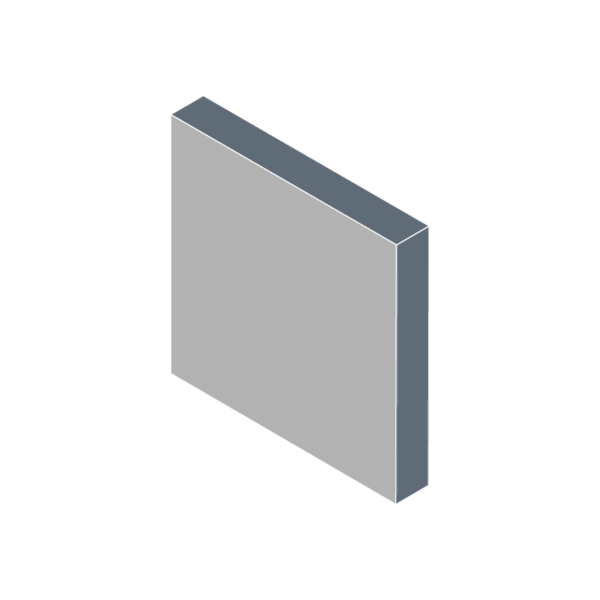
QUANTUM PARTICLE
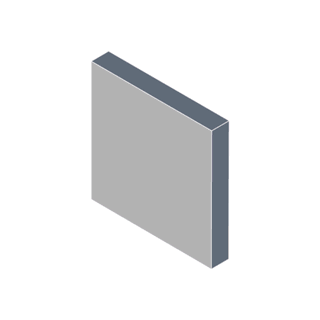
But there’s more ...
QUBITS
In quantum physics, a particle can do more than one thing at the same time. For example, an electron may have a clockwise spin or a counterclockwise spin. But its “quantum state” is a mix of probabilities that it is one or the other. In a sense, it is both. There is nothing comparable to this in the world of everyday experience, and that’s what gives a quantum computer its power.
A conventional computer uses bits — tiny switches on a computer chip that can either be on or off, registering as 1 or 0 for digital calculations. A quantum computer uses “qubits,” which blend the possibility of being 1 or 0.
BITS
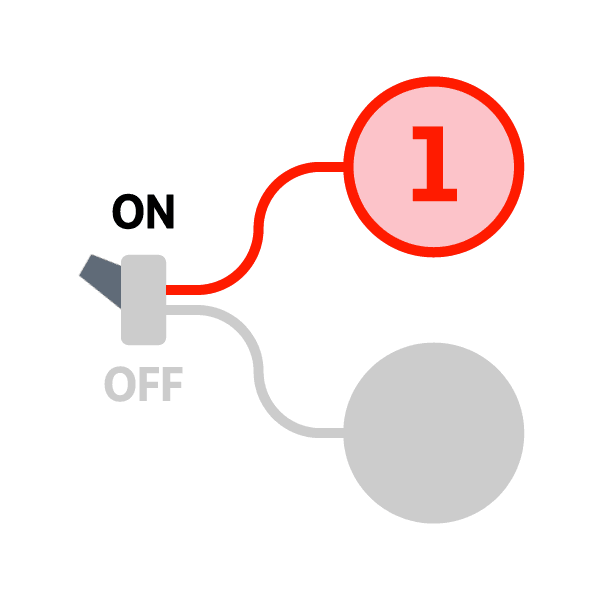
QUBITS
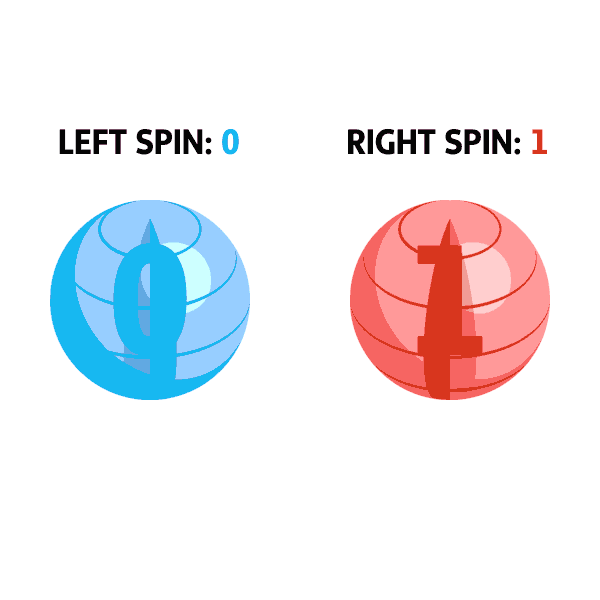
COMBINING QUBITS
In a conventional computer, it takes four separate calculations just to run through all possible combinations of two bits. The number of calculations grows exponentially as more bits are added.
In a quantum computer, the dual identity of qubits means that all those calculations can take place at the same time, providing an answer far more quickly.
BINARY CALCULATION

QUBIT CALCULATION

This anticipated “quantum speed-up” is the reason there is so much excitement about the potential of quantum computers.
WHAT CAN A QUANTUM COMPUTER DO?
One way to leverage the power of qubits is to use them for searching through large stacks of data. For a conventional computer, this amounts to doing one calculation after another until the desired item is found. A quantum computer could drastically shorten the search time. This advantage could be used in all kinds of creative ways, like helping a computer vision system correctly identify an object from a vast range of possibilities, or enabling real-time language translation, based on quickly finding the most likely meaning from a string of spoken words.
QUANTUM-SAFE COMMUNICATIONS
A quantum computer would have the power to crack much of the world’s encrypted communications, including personal, financial and government data. These are currently protected by numerical keys that a conventional computer cannot decode (because it would take too long to try every possible combination). Running on qubits, a quantum computer could quickly unlock data that are protected in this way.
QUANTUM SENSORS
The technology required to make a working quantum computer has other uses too. Devices that rely on tiny quantum effects can be used as exquisitely precise sensors and measuring tools. Such devices could revolutionize environmental monitoring, health diagnostics and security by making it possible to detect what was once undetectable.
One example is a portable atomic clock that allows for pinpoint accuracy with GPS and is already being used in resource exploration.
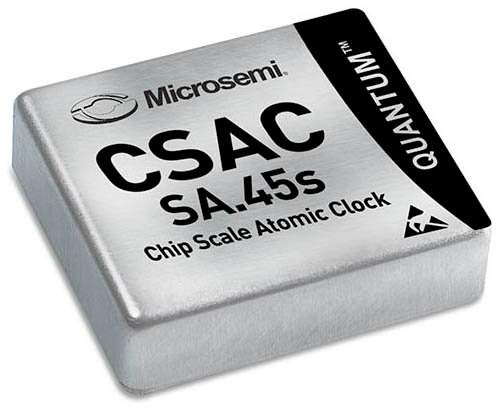
The world's first commercially available chip-scale atomic clock, from Microsemi.
WORLDWIDE QUANTUM INVESTMENTS
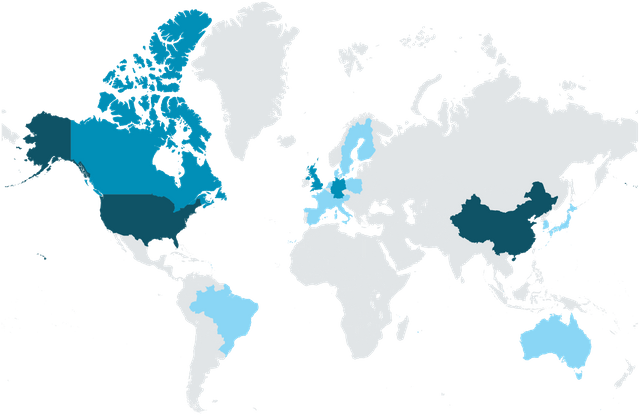
Estimated annual spending on quantum computing ($ millions)

SOURCE: The Quantum Age: Technological Opportunities, U.K. Government Office for Science (2016)
Canada ranks fifth in the world for public funding of quantum research. But as excitement builds, other players in the United States, China and Europe are ramping up their efforts. The next few years will be crucial for determining where quantum technology goes from here and who gains ultimate quantum supremacy.
Source: https://www.theglobeandmail.com/